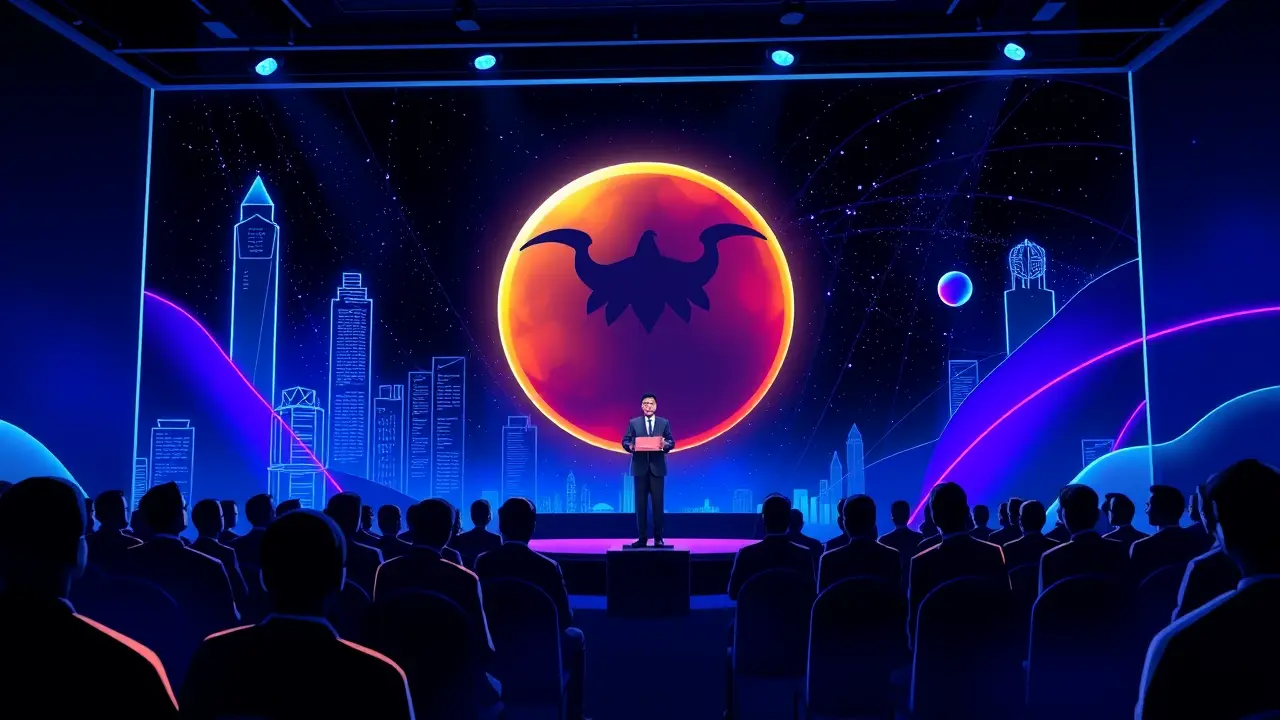Hong Kong leader honors physicist at Shaw Prize ceremony.
In a ceremony that felt as momentous as a planetary alignment, Hong Kong’s Chief Executive John Lee Ka-chiu stood before the gathered luminaries of the Shaw Prize, framing the late entertainment mogul Run Run Shaw’s vision not merely as a philanthropic endeavor but as a fundamental pillar for the city’s own cosmic ambitions. The Shaw Prize, often dubbed the 'Nobel of the East,' represents a gravitational force in the scientific community, pulling the brightest minds into its orbit for recognition, and this year’s event was charged with an additional layer of historical significance as Lee paid solemn tribute to the late Chen-ning Yang, the Nobel Prize-winning theoretical physicist whose work fundamentally reshaped our understanding of the universe and who served as a founding council member for this very award.To understand the full weight of this moment, one must look beyond the podium and the plaques; the Shaw Prize, established in 2002, was Run Run Shaw’s profound bet on the power of fundamental knowledge, a conviction that investing in the abstract equations of theoretical physics and the intricate mechanisms of life sciences would yield dividends for all of humanity, a vision that Chief Executive Lee now explicitly links to Hong Kong’s governmental aspirations to become a global nexus for innovation and intellectual capital. This alignment of private legacy with public policy is no small feat—it’s akin to the delicate orbital mechanics required to dock a spacecraft with a space station, a precise and intentional maneuver.Yang’s own legacy looms large here; his groundbreaking work with Tsung-Dao Lee on the violation of parity conservation, which earned them the Nobel in 1957, was a paradigm shift as dramatic as realizing the Earth was not the center of the solar system, proving that the universe possesses a inherent handedness, a fundamental asymmetry that governs the behavior of subatomic particles. His involvement with the Shaw Prize from its inception lent it an immediate and formidable credibility, connecting it to the very highest echelons of scientific achievement.As Lee spoke, one could almost feel the ghost of Yang in the room, a reminder that the pursuit of knowledge is a long, continuous chain, with each breakthrough built upon the shoulders of giants who dared to question the established laws of reality. The ceremony itself, therefore, was more than an awards gala; it was a statement of intent from Hong Kong, a declaration that in a world increasingly preoccupied with short-term gains and terrestrial squabbles, this city is betting on the long game, on the kind of deep, foundational science that may not have an immediate application but which, like Yang’s work, has the potential to completely re-draw our map of reality. The consequences of such a commitment are profound, suggesting a future where Hong Kong could become a hub not just for finance and trade, but for the kind of theoretical inquiry that pushes the human species forward, a launchpad for the next great leap in our understanding of the cosmos, a vision that would surely have made both Run Run Shaw and Chen-ning Yang nod in approval from their places in the firmament.
QU
QuietObserver6 hours ago
not sure all this cosmic talk is necessary tbh it's just an awards ceremony
0
ST
starryEyedRealist6 hours ago
it’s amazing what humans can build when they care this kind of vision is the sunlight we need after all the noise, a beautiful reminder to keep building for tomorrow
0
© 2025 Outpoll Service LTD. All rights reserved.
